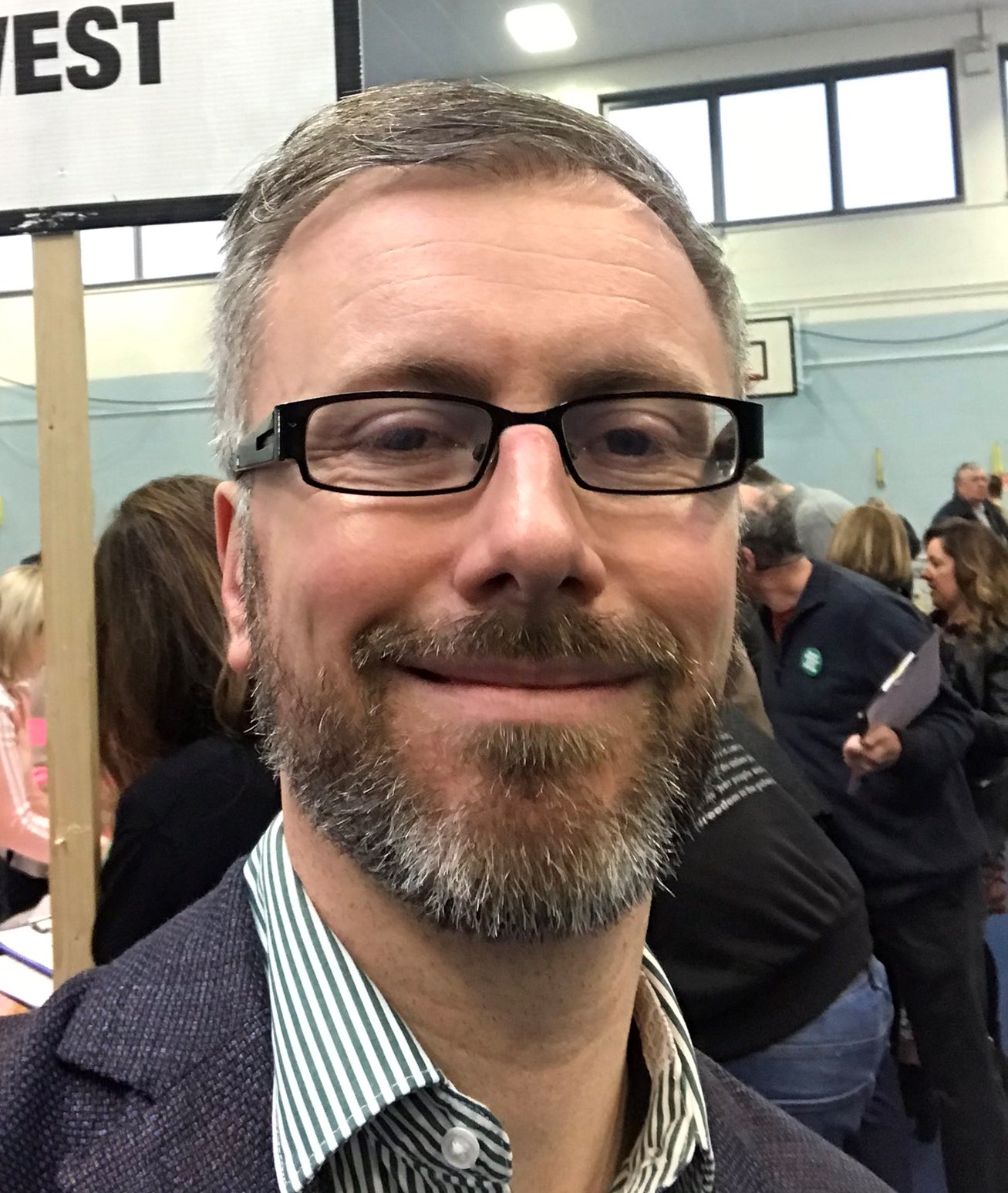
Legislation to criminalise so-called “conversion therapy practices” is unnecessary and could be weaponised against medical professionals working with patients suffering with gender dysphoria.
That’s according to psychiatrist Dr Paul Moran of the HSE’s National Gender Service.
He was responding to an announcement by the Children’s Minister Roderic O’Gorman that he would bring forward legislation in the coming weeks with a view to passing legislation early in 2024.
He said that “conversion practices are cruel processes rooted in shame and stigma that seek to change, suppress or eliminate a person’s sexual orientation or gender identity”.
Speaking to reporters yesterday, O’Gorman claimed that conversion therapy practices do take place in this country, although they occur rarely.
“We’re not talking about conversations that take place about a person’s sexual orientation or their gender identity, the conversation between parents and kids, conversations between a priest or minister and a parishioner, conversations between a therapist and a client”.
This characterisation was disputed by Dr Moran.
He told Newstalk he had “never come across a case that has had any conversion therapy.”
“Clearly there is a law to ban something which is not happening and has not happened in living memory,” he said.
He added that there are pressure groups against the “very careful therapeutic way” of addressing gender dysphoria and they’re pushing for ‘gender reassignment’ measures like puberty blockers, sex hormones and even surgery without any assessment or therapy.
“The law is addressing a problem that doesn’t exist but it could empower these activists to undermine and attack the therapists who are trying to help these people.”
Dr Moran claimed the new law could “enable people to make spurious accusations” about a psychiatrist’s work.
“That could result in a lot of good professionals moving away from this much-needed work,” he said.
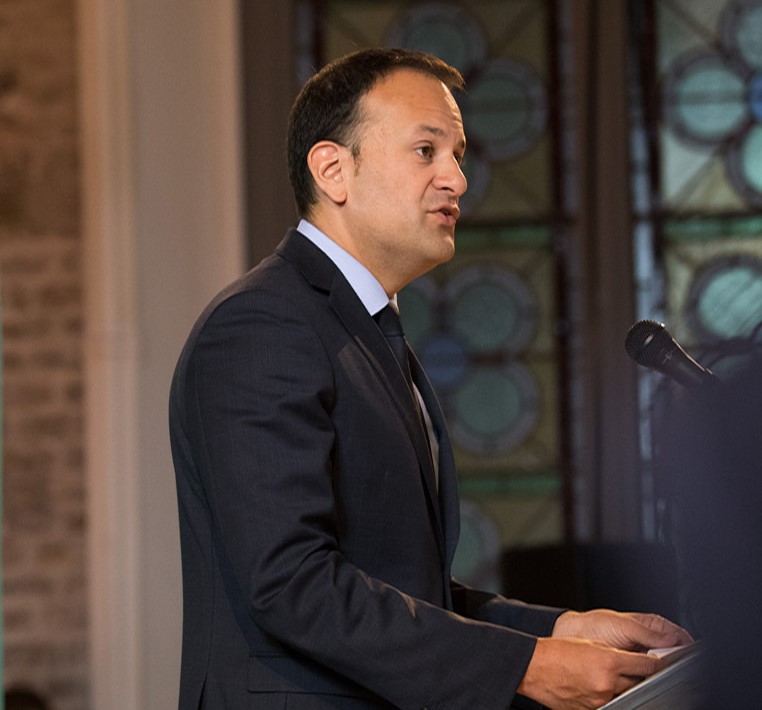
Taoiseach Leo Varadkar has said he would like to see fewer abortions in Ireland. Last year, over 8,000 took place.
In an interview with The Irish Times, Mr Varadkar was asked about the abortion law review.
“I don’t think anyone thinks that abortion is a good thing. It’s sometimes necessary but it’s not a good thing. There are over 8,000 abortions happening in Ireland every year. I would like that number to be lower”, he said.
He added that he was “sorry” that the report did not “properly explore” why women who attended their first appointment to get abortion drugs did not return for their second after three days.
“Is it the case that hundreds of abortions are being avoided as a result of it? Or, is it the case that women would have gone ahead with it anyway. It hasn’t been properly explored.”
He said he was happy to have led a Government that repealed the Eighth Amendment “but we did go to the people with a particular proposition. And so, soon after that referendum, making changes to what we said we would do … I’d have to think long and hard about that.”

Instead of paying its employees time off or travel expenses to get an abortion, the US company PublicSq will offer its workers a bonus if they have a baby or adopt a child.
“We think that ultimately a company is only as strong as the families that built it, and then for us, we’re a pro-family company,” he said. “We’re unashamed about that. And we’re actually the largest marketplace in the country of pro-family businesses.”
Seifert explained that he sees the world going in a direction that is “anti-family” and called out companies that are offering abortion benefits to their employees such as Patagonia, Amazon, and Target.
“So we thought, what better way to express this value that’s core to our beliefs than actually putting some money behind it, putting our money where our mouth is,” he continued.
The company will offer a $5,000 bonus to any employee who has a baby or adopts a child. The bonus will be given upon the birth of the child. If adopting, the bonus will be given upon the initiation of the adoption process because, as Seifert emphasized, “adoption fees can be exorbitant.”
https://www.catholicnewsagency.com/news/254604/company-announces-baby-bonus-for-employees-expecting-or-adopting-a-child
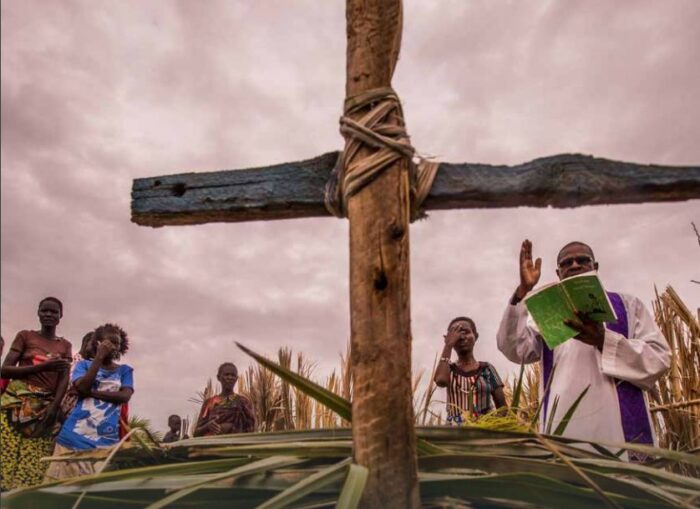
Nearly 40 pupils have been killed at a Christian school in western Uganda by rebels linked to the Islamic State group (IS).
Five militants attacked the Lhubiriha secondary school in Mpondwe at nightime.
They entered dormitories, setting fire and using machetes to kill and maim the pupils, officials said.
Uganda’s information minister said 37 students were confirmed to have been killed, but did not give their ages.
Twenty of them were attacked with machetes and 17 of them burned to death, Chris Baryomunsi told the BBC.
Pupils in Uganda were singing gospel songs before the deadly attack, a woman who lives opposite the school says.
“Then I heard screaming,” Mary Masika told the BBC.
Ms Masika says she and other residents have been left terrified by the attack which lasted about 90 minutes.
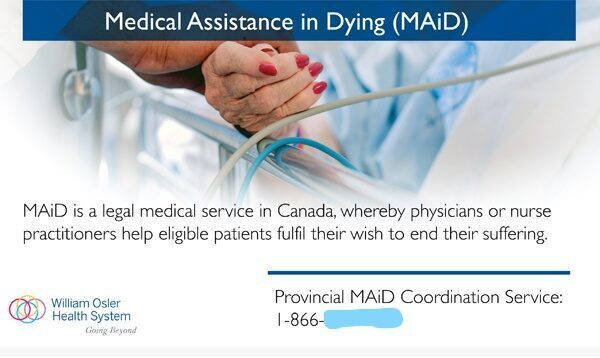
Canada has experienced a huge rise in deaths by assisted suicide/euthanasia, with a 35 percent increase to some 13,500, according to preliminary analysis of official data.
The country’s health chiefs won’t release their formal tally for some weeks, but data from Ontario, Alberta, Quebec, and Nova Scotia already show steep rises last year.
Based on those numbers, the Euthanasia Prevention Coalition, a campaign group, assessed that ‘Medical Assistance in Dying’ (MAiD) cases rose from 10,064 in 2021 to some 13,500 in 2022.
Canada has one of the world’s most permissive assisted suicide programs. Critics say it’s on a perilous road to mass euthanasia and ever-more pressure on the sick, disabled and poor to end their lives prematurely.
Alex Schadenberg, director of the coalition, said euthanasia rates were ‘skyrocketing’ because a ‘heavy promotion of MAiD within our medical system’ had ‘normalized’ lethal injections.

A Christian teaching assistant who was sacked after expressing critical views on transgender books in primary schools has won an appeal.
Kristie Higgs, 46, was accused of gross misconduct and dismissed by Farmor’s School in Fairford, Gloucestershire, in 2019 after sharing Facebook posts criticising plans to teach LGBT+ relationships in primary schools. One of the books to be used was called ‘My Princess Boy’.
Mrs Higgs, supported by the Christian Legal Centre, took the school to an employment tribunal, arguing she had been unlawfully discriminated against because of her Christian beliefs.
In its ruling in 2020, the tribunal concluded that her religion was a “protected characteristic” as defined by the Equality Act, but that the school lawfully dismissed her.
Mrs Higgs appealed against that judgment to the Employment Appeal Tribunal in London, which has now ruled in her favour.
In her judgment, Mrs Justice Eady, president of the Employment Appeal Tribunal, said the question for a future hearing would be whether the school’s decision to sack Mrs Higgs “were because of, or related to, the manifestation of the claimant’s protected beliefs, or were due to a justified objection to the manner of that manifestation”.

Church-goers are less likely to get depression, age more slowly and don’t die as early as others, according to one of Ireland’s leading authorities on ageing.
Principal investigator of The Irish Longitudinal study on Ageing (TILDA), Prof. Rose Anne Kenny told The Irish Catholic that not only would there be social utility in churches reaching out to welcome Ireland’s lonely, but that “it must happen”.
“We’ve certainly shown in Ireland that people who take part in religious practices are less likely to get depression. They seem to have a slowing down of the aging process and they die later – they don’t die as early as people who don’t take part in religious services but also experience loneliness.
Prof. Kenny insisted: “definitely religious services make a difference to social engagement. We’re not sure if it’s the spiritual effect or whether the engaging with others and being involved in part of a community, because we are gregarious animals and we need other people”.
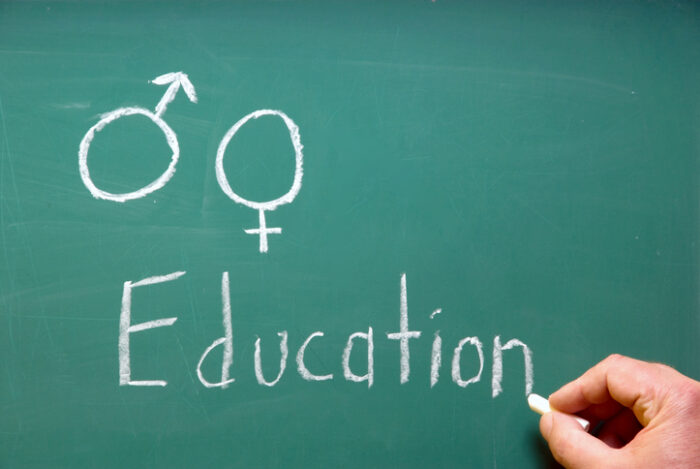
A report by the body on the delivery of Relationship and Sexuality education (RSE) in schools noted that some schools were promoting abstinence before marriage as the most desirable and achievable option, which is in according with the teachings of many world religions. The report claimed that some schools, “actively contributed to the shame and stigma surrounding unplanned pregnancy and abortion, by making statements such as ‘abortion is not a means of contraception and those who knowingly engage in casual sex must bear the consequences of their actions’,” the NIHRC report said.
The accuracy and fairness of the Report has been contested by the Catholic Bishops of the region who said the authors did not engage with teachers in the classroom.
They also called on young people “to challenge the view that they are passive, uninformed and unable to engage confidently and maturely in open debate about all the issues raised in this important part of the school curriculum.”
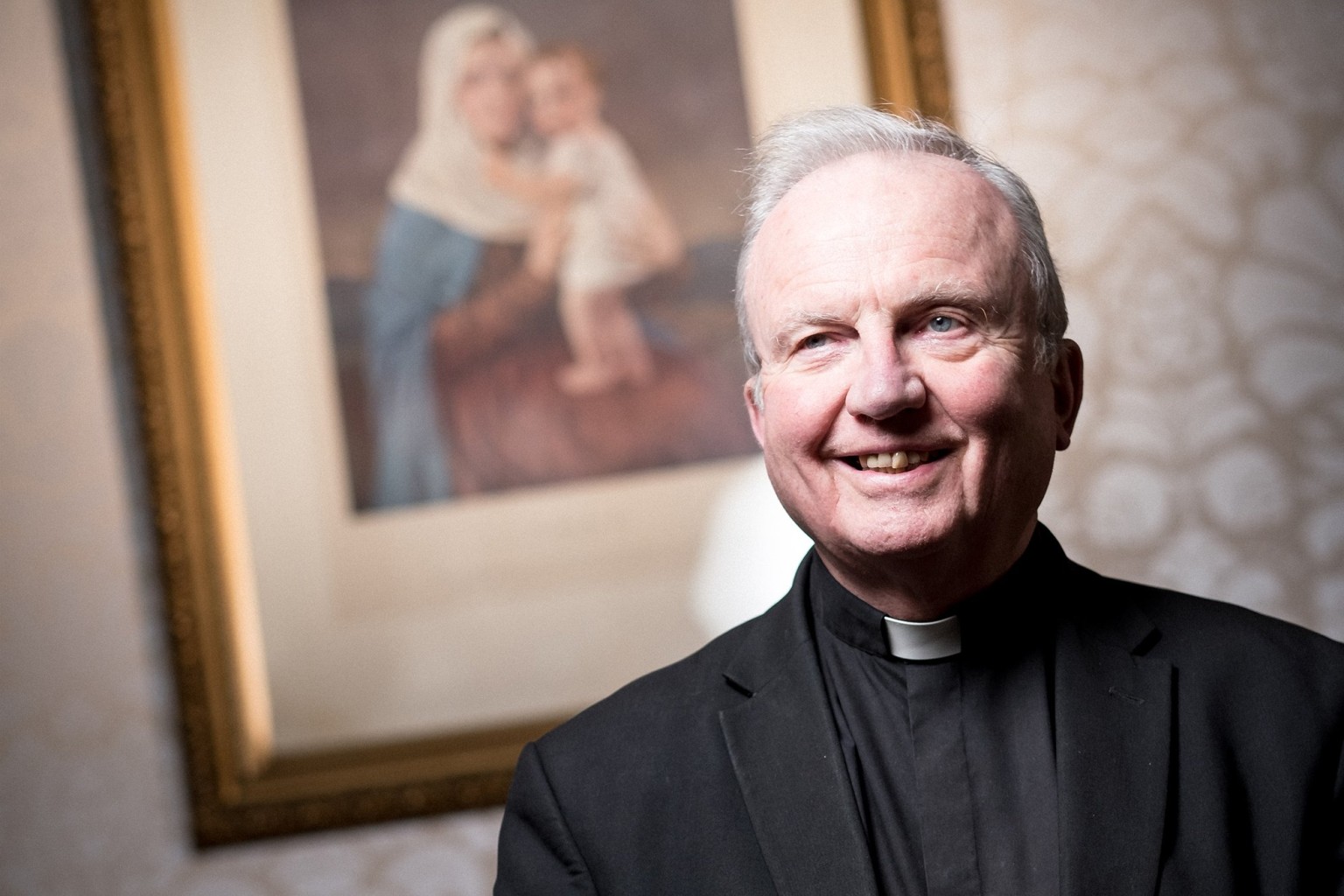
In a statement, they say the Secretary of State, “now seems determined to impose an ideologically biased view of abortion on all schools, irrespective of parental rights or school ethos”.
The Bishops say there is no such thing as a value-free or ethically neutral approach to the question of when life begins and when a duty arises to protect and care for all human life.
“It is not for a Government to impose one ideological approach on children, parents or on our schools, over others. This is why the right of parents to an education for their children that is an accordance with their ethical, religious and philosophical convictions, is an internationally recognised human right”, they say.
“We call on the Secretary of State for Northern Ireland to respect the internationally recognised rights of parents, and the principles of consultation and devolution in the Good Friday Agreement, and to withdraw this legislation, leaving it to a devolved Assembly to decide, in consultation with parents and educational stakeholders.”

An expansion of assisted suicide in Quebec will result in it having one of the most permissive regimes in the world.
A so-called “right to die” will be given to people who have a “severe physical impairment resulting in a significant and persistent disability”. The new law will also allow people to undergo the procedure in outdoor spaces, including public parks.
In addition, it will also allow people with diagnosed Alzheimer’s disease or other forms of dementia to write advance directives requesting assisted suicide if their condition should decline further.
The updated law sailed through the province’s national assembly last week on a free vote, with just two Liberal MNAs voting against it, while a third abstained.
The new law also allows Quebecers to receive a doctor-assisted death in places other than hospitals, such as funeral homes and long-term care facilities. However, the practice cannot be promoted for commercial purposes and there cannot be any fees associated with receiving MAID.